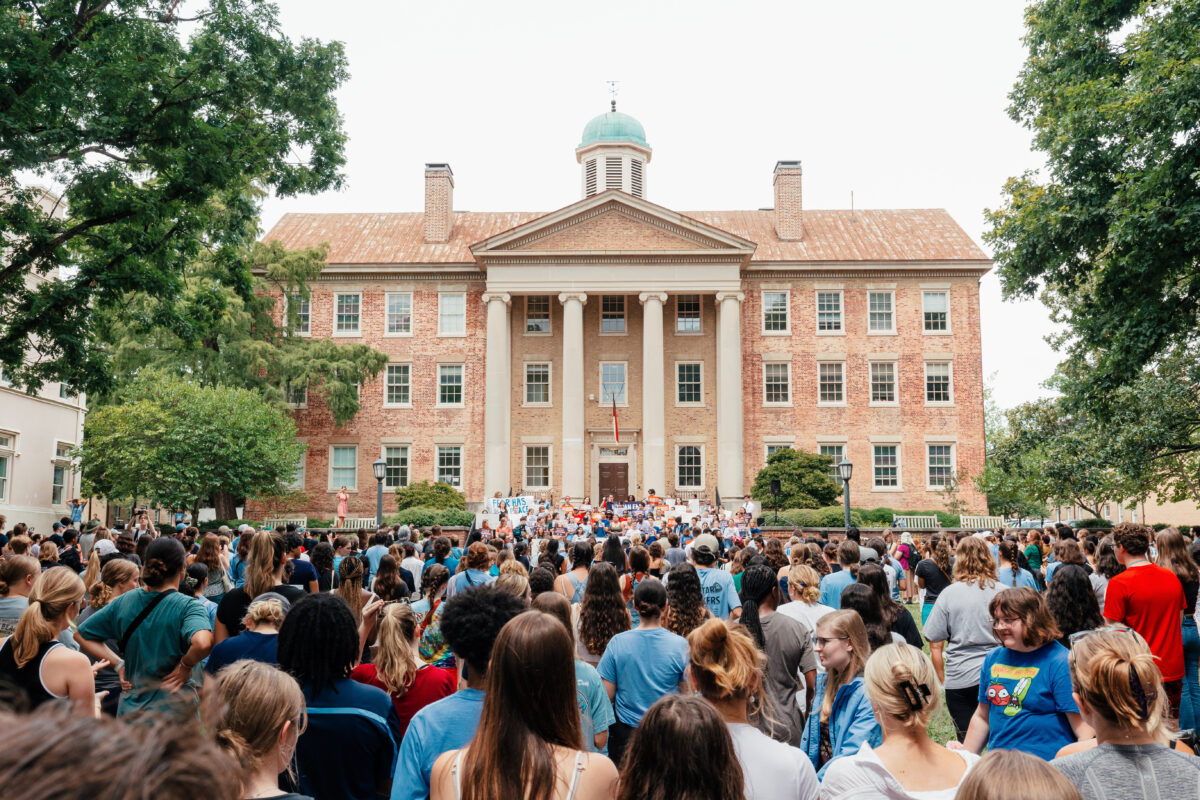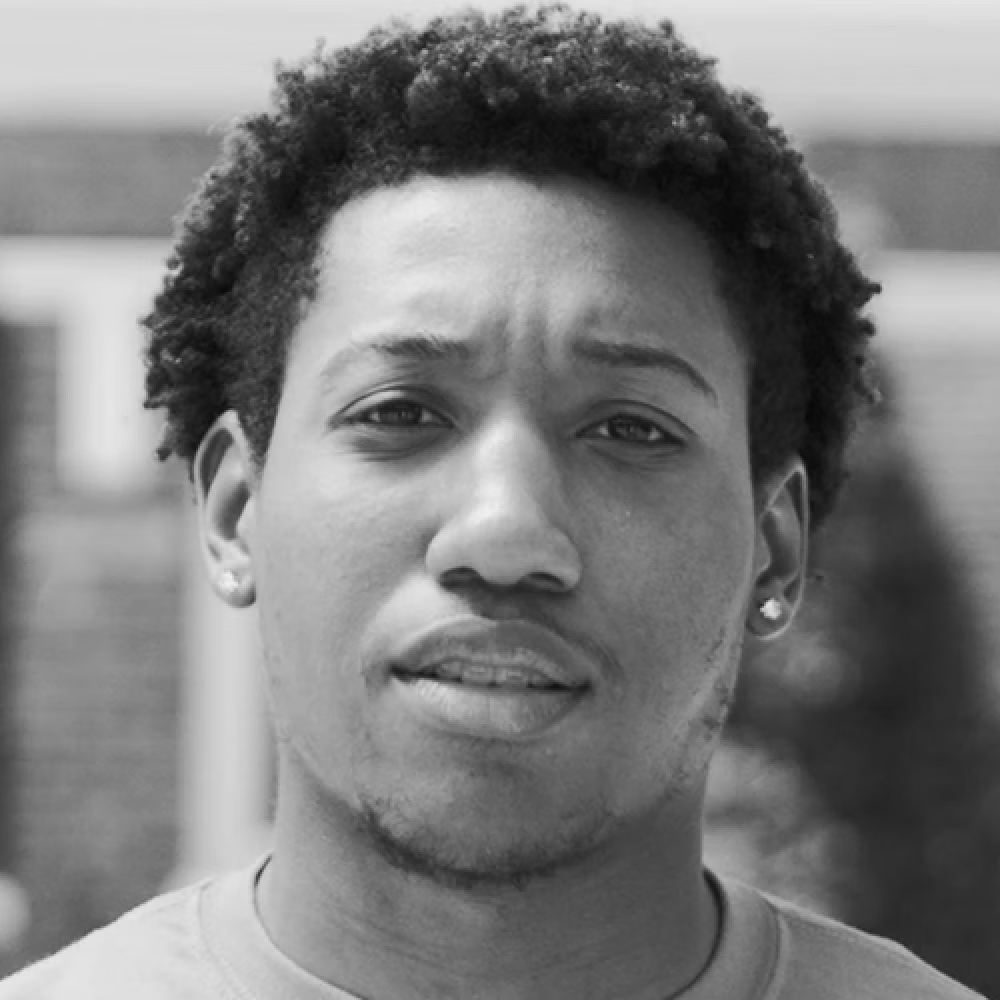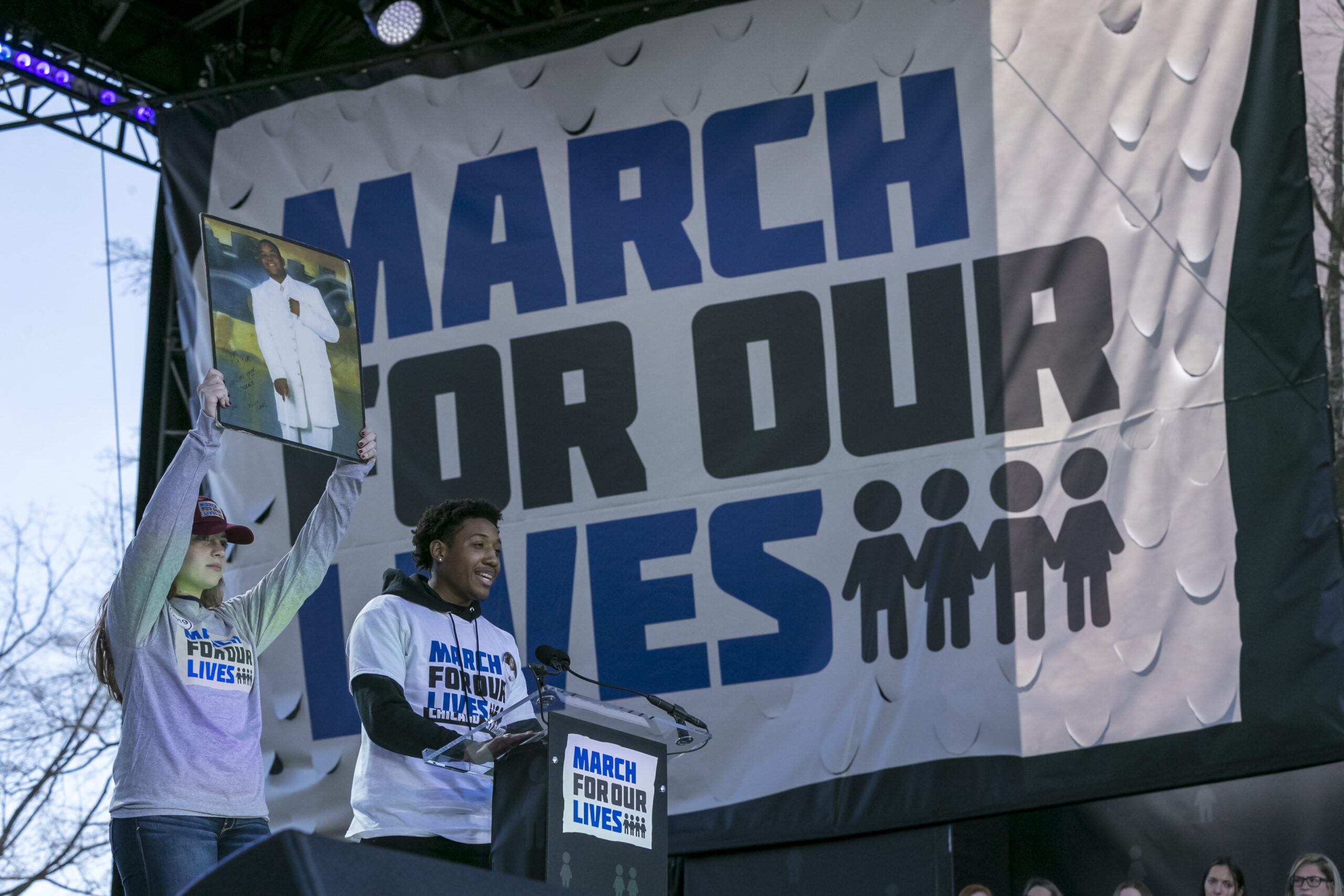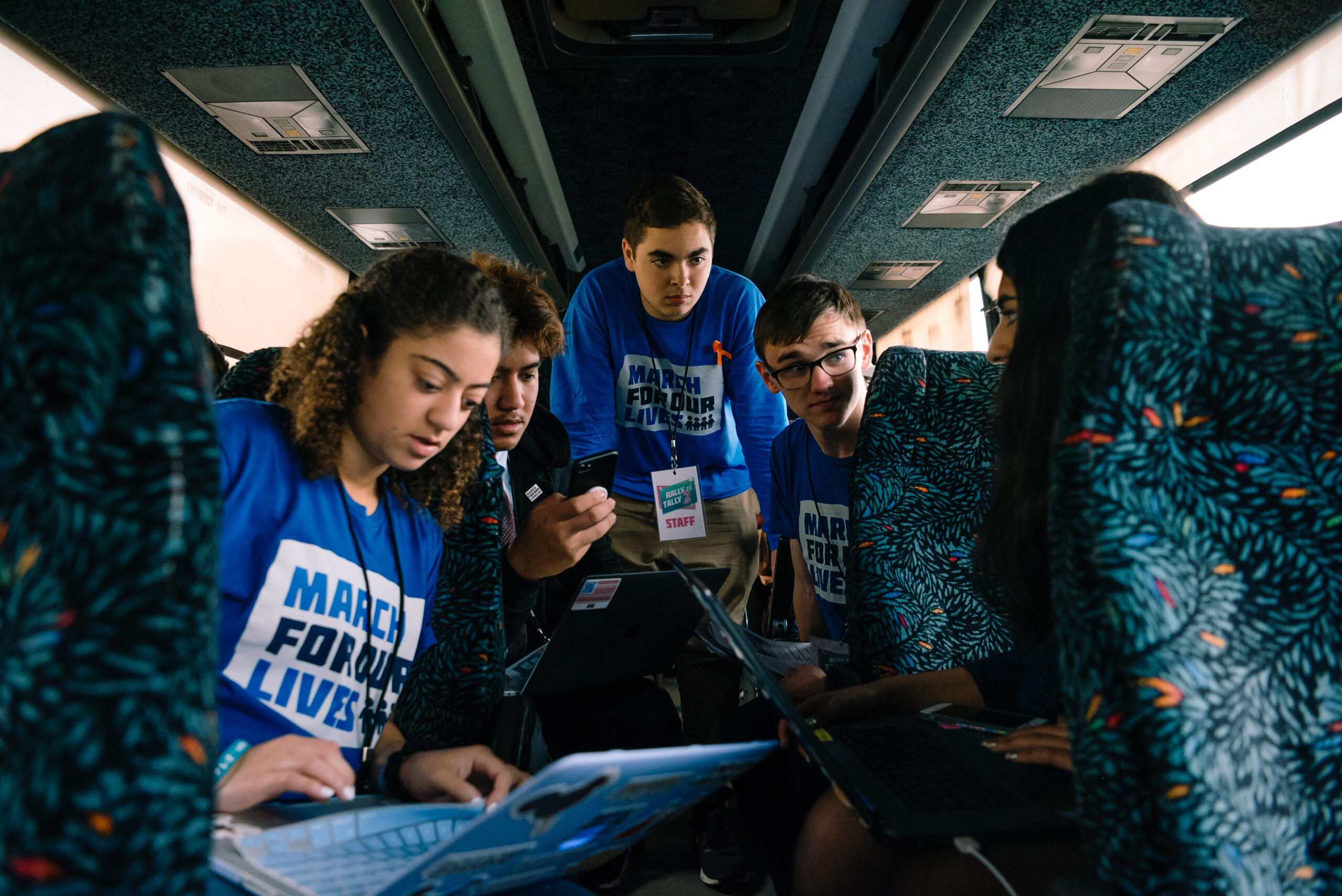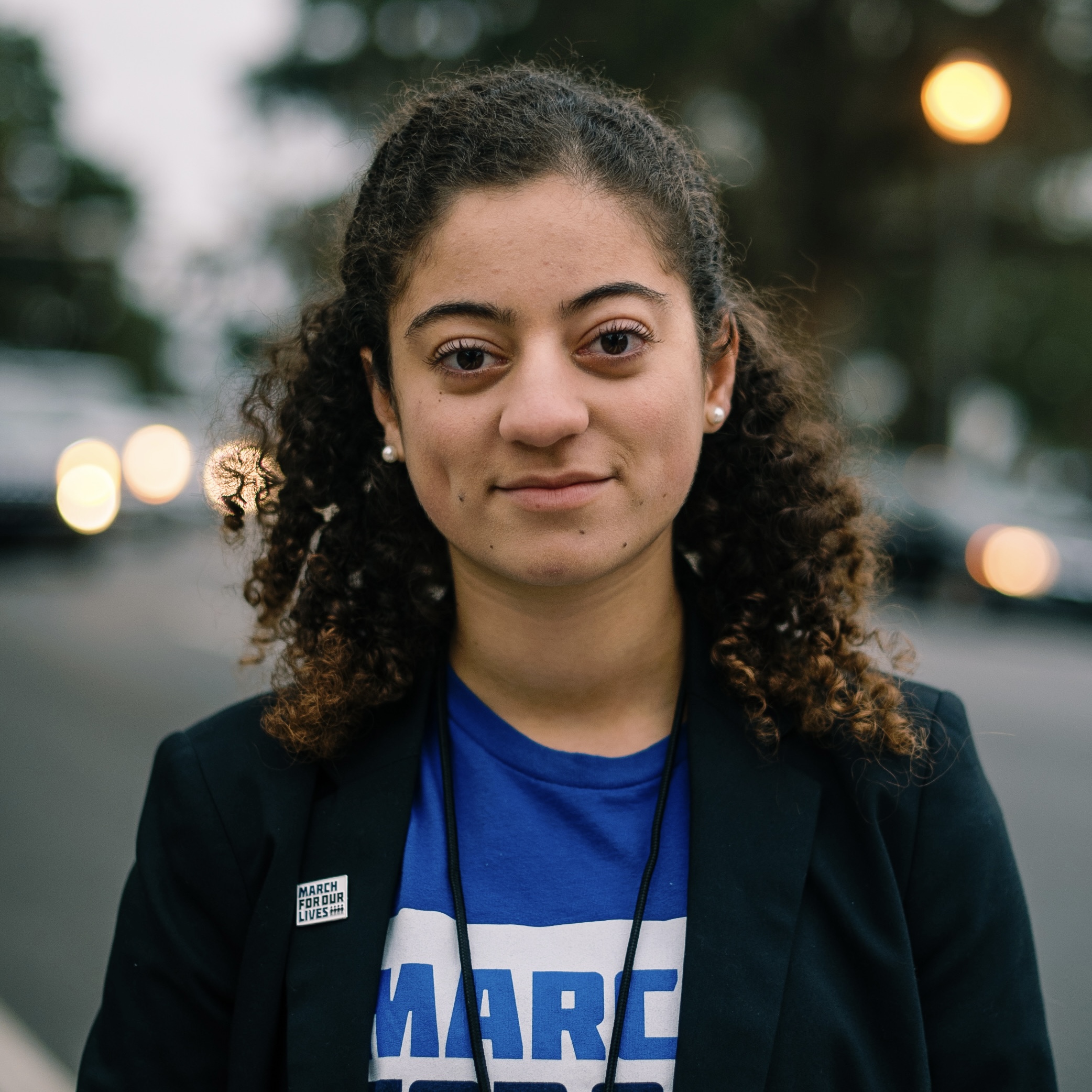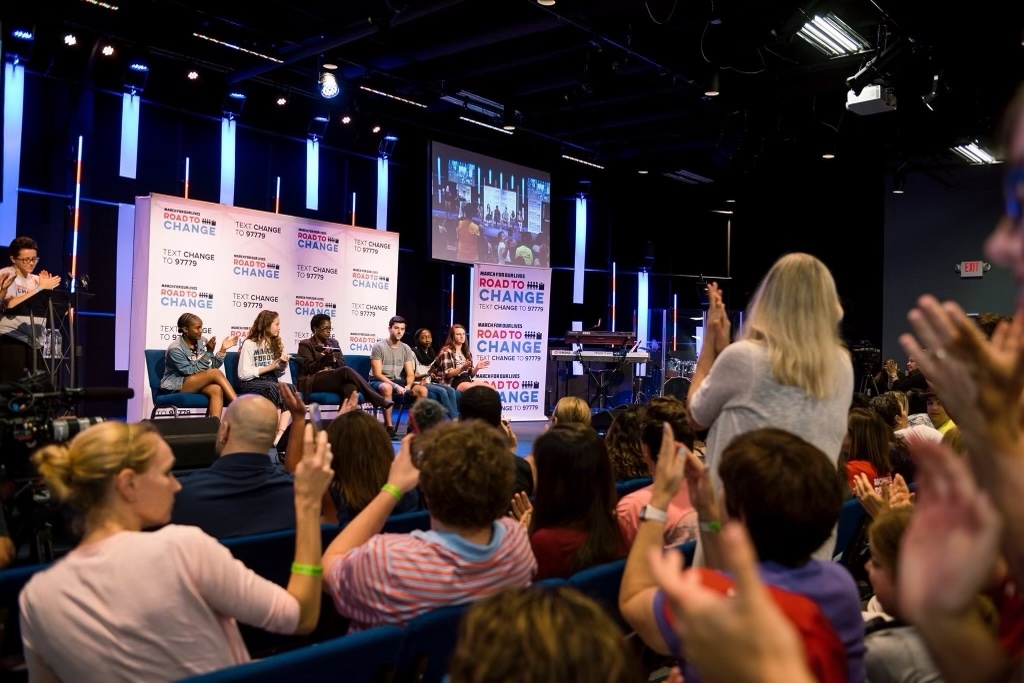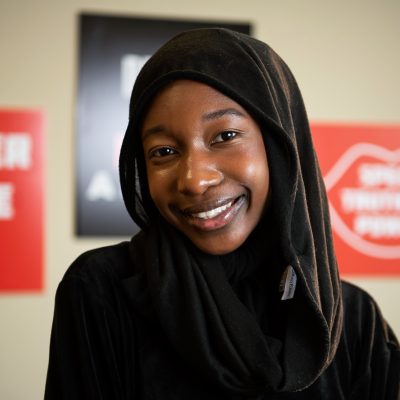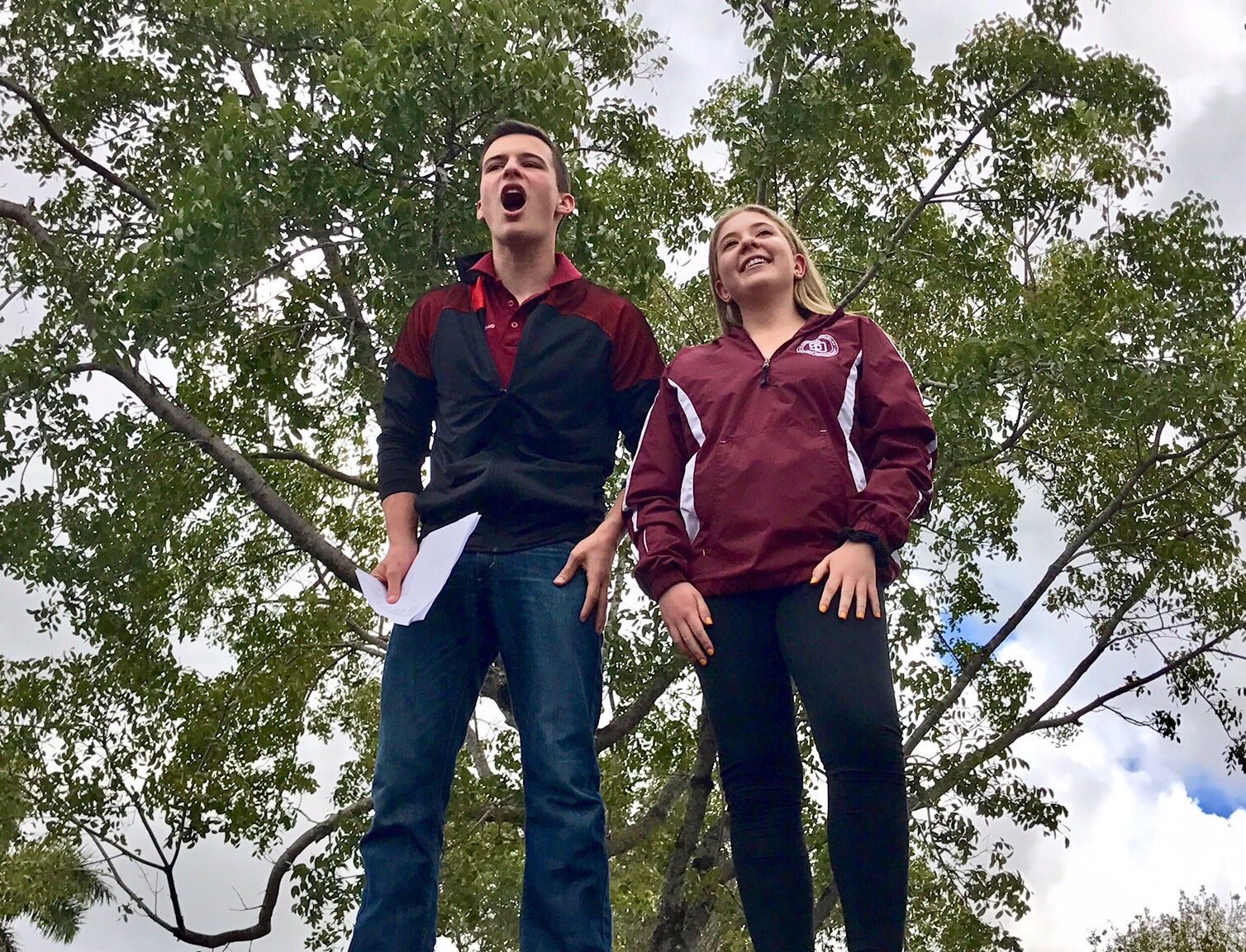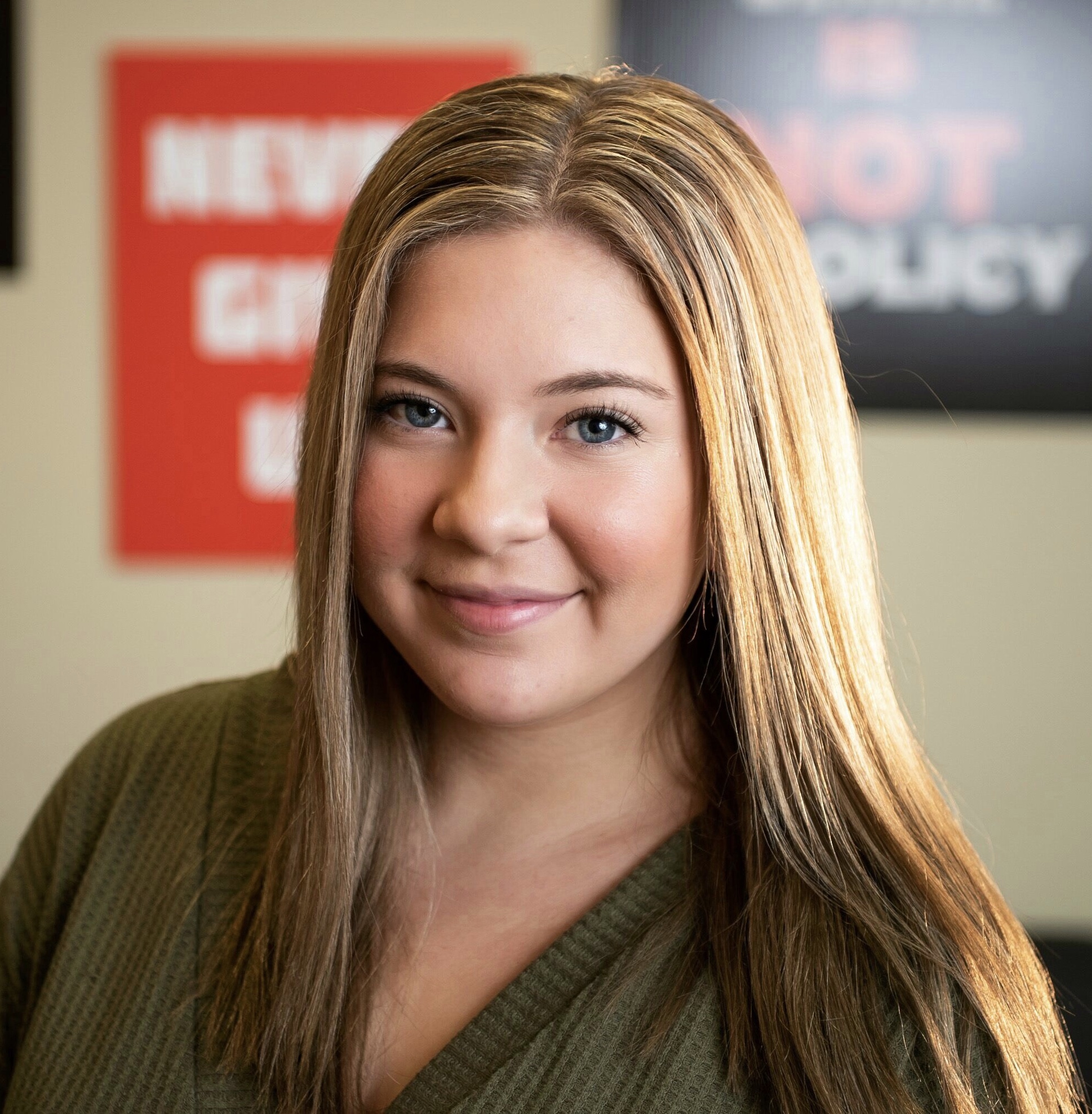- Blog
We Built This Movement, Now Look At Us
Share
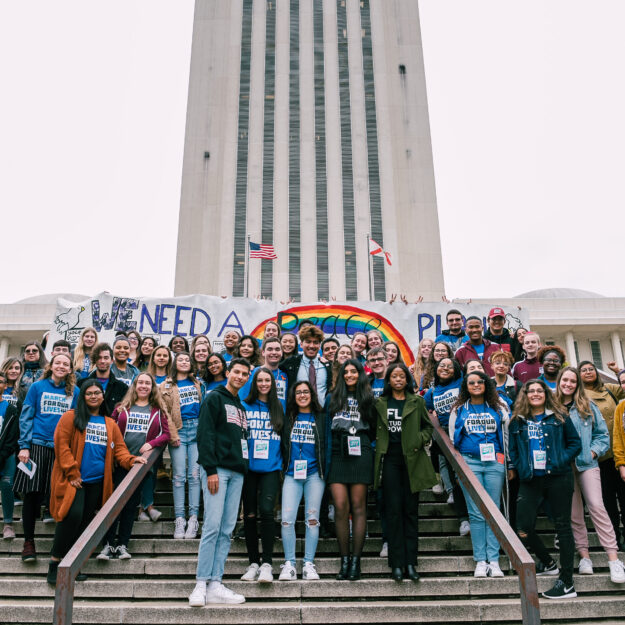
March For Our Lives was founded in 2018 following the tragic shooting at Marjory Stoneman Douglas High School in Parkland, Florida, but for many of us, it wasn’t the first time gun violence left a scar on our lives. Since Columbine, a staggering 357,000 students have witnessed gun violence at school, and firearms are our leading cause of death. Between active shooter drills and attending friends’ funerals — which far too many of us have — we turn to advocacy because, as survivor and March For Our Lives co-founder Jaclyn Corin put it, “If I’m here, let’s f*cking do something.”
March For Our Lives is a movement, not a moment, thanks in part to the incredible youth activists who have been in this fight since the beginning. You’ve heard some of our stories, but there are many more to tell, like Trevon Bosley, Serena Rodrigues, Nurah Abdulhaqq, and Jaclyn Corin.
Trevon Bosley
At just seven years old, Trevon had already lost two of the people closest to him: His cousin Vincent was shot and killed down the street from his house in 2005, and less than a year later, his brother Terrell was killed at church while getting ready for band rehearsal. “After the losses I’ve experienced over the years, the energy in me has to go somewhere,” Trevon explained. “Putting that energy into something as positive as trying to save lives has been amazing for me.” So that’s what he does.
Trevon is the board co-chair at March For Our Lives and part of BRAVE Youth Leaders, a Chicago-based community violence intervention (CVI) program. BRAVE provides mutual aid, tutoring, therapy sessions, and community events to equip the community with the resources necessary for non-violence. CVI breaks the cycle of violence so that people aren’t consumed only with “death and anger” but with the resources to maintain peace.
Gun violence, poverty, and the mental health crisis are all interconnected
The communities facing the highest rates of everyday gun violence have been intentionally impoverished and at greater risk of mental illness — systemically denied resources and opportunities by the state for generations. When communities are forced into desperation and express that distress through gun violence, it’s because the system has already failed them. Guns fill the gap where resources are lacking.
Trevon is at the forefront of the fight to end gun violence. He spoke at the 2018 and 2022 March For Our Lives in D.C., met with lawmakers like President Obama and Biden, and organized protests like shutting down a major expressway in Chicago. His dedication to gun violence prevention continues to save lives in Chicago and nationwide.
Serena Rodrigues
The Parkland shooting wasn’t the first to rock Serena’s home state of Florida — just two years prior, a shooting at Pulse Nightclub killed 49 and injured another 53 people. So when tragedy struck again, this time at a high school she drove past for soccer practice, she knew that she had to take action.
Serena and her classmates at the University of Central Florida led the most prominent student protest in Orlando’s history, with 35,000 empowered Floridians rallying for change. Then, a year later, Florida lawmakers threatened to arm teachers, prompting another activation — this time, a lobby day in Tallahassee that scared lawmakers so bad that they canceled the hearing, proving that the power is in the hands of the people.
If you give people the resources to get to Tallahassee, we will be there, and we will be so f*cking loud that you can’t ignore us.
Serena Rodrigues
Serena’s energy and dedication to combatting gun violence in Florida didn’t go unnoticed, and she eventually joined the MFOL staff and rose from the ranks to her current role: the National Organizing Manager. She loved her experience organizing on the ground, so she now works to “create that environment for others” and help them “discover their leadership potential.” She knows firsthand how to beat the gun lobby and now shares that expertise with youth leaders across the movement.
Nurah Abdulhaqq
Nurah went to high school in a Black, socio-economically diverse part of Atlanta, Georgia, with many of her peers leaning towards lower income. She watched classmates turn to gun violence as a solution, with more and more friends arrested and some losing their lives. Cyclic violence stole too many futures, so Nurah took charge of her own future and became a gun violence prevention activist. Just after March For Our Lives’ founding in 2018, Nurah organized a town hall on gun safety, participated in a survivor die-in, joined her local MFOL chapter, and eventually became the Georgia State Director.
Armed Supremacy’s death grip on our communities
Every time we see a police officer brutalize or kill a civilian — oftentimes someone who is BIPOC or disabled — that is armed supremacy in action. Those who are allegedly responsible for protecting public safety have become more militarized and authoritarian. Yet, there is no recourse because armed supremacy is designed to uphold the status quo.
While mass shootings take up the headlines, they make up less than 1% of all gun violence. Nurah urges the gun violence prevention movement to consider who it deems “deserving of reflection, love, and compassion — a lot of the time, those are not Black communities, brown communities, and ethnic communities.”
Through her work within and outside of March For Our Lives, Nurah is a steadfast champion of gun violence and racial justice, reminding us there isn’t “room for bigotry” in the fight to end gun violence.
Jaclyn Corin
Jaclyn was 12 years old when the Sandy Hook shooting happened — too young to know the horrors of gun violence yet old enough to recognize the terror in her parent’s eyes as they feared for their own children’s safety. Six years later, their fear became actualized when a shooter attacked Jaclyn’s high school in Parkland, Florida. Jaclyn survived, but 17 were not so fortunate.
Just six days after the shooting, Jaclyn organized a lobby day for 100 of her classmates to meet Florida lawmakers to demand action. Her efforts paid off: That lobby day helped pass Florida’s Marjory Stoneman Douglas High School Public Safety Act, which banned bump stocks and raised the age to purchase a gun from 18 to 21.
Alongside a few dozen other students, Jaclyn said, “Enough is enough,” and co-founded March For Our Lives, the largest youth movement since the Vietnam War, with millions taking to the streets in 2018 to demand change. Since then, she’s been hard at work advocating for a future free of gun violence by organizing protests and sharing her story. After graduating this spring from Harvard University with a degree in Government, she’s now at Oxford University on a fully-funded scholarship to earn a master’s in Public Policy.
Jaclyn’s bravery and dedication were pivotal in turning a moment into this movement, and she’s still at it. “March For Our Lives to this day does incredibly good work and has retained this unique space and role in the gun violence prevention movement that I really want to be a part of sustaining.”
MFOL has retained this unique space and role in the gun violence prevention movement that I really want to be a part of sustaining.
Jaclyn Corin
Have a story you want to share?
